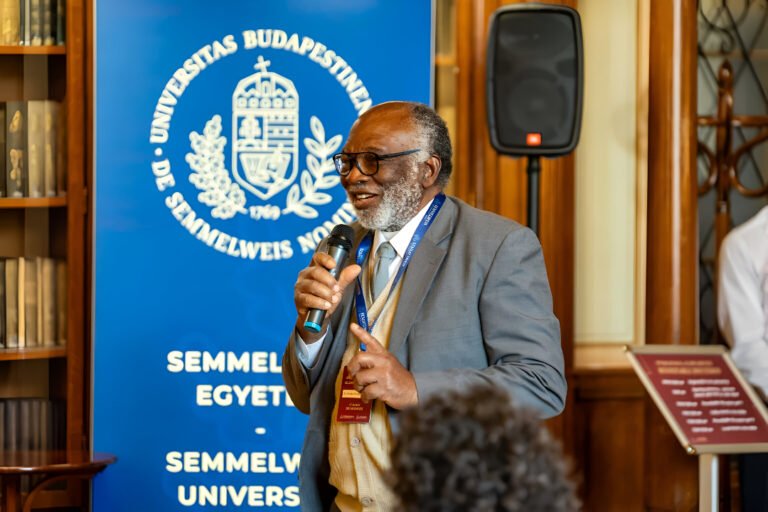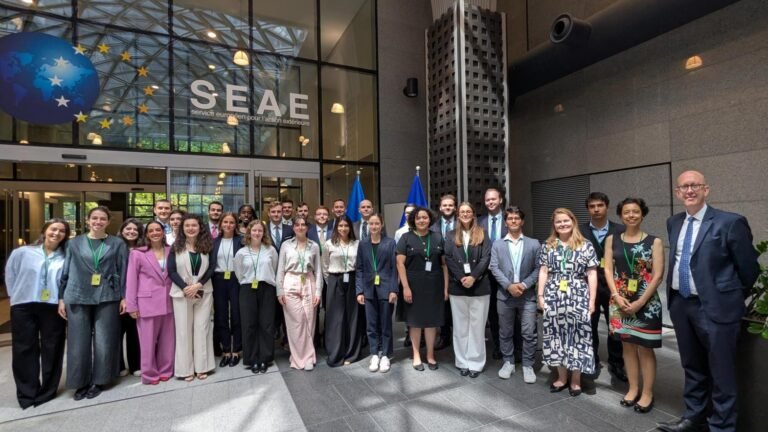
The municipality of Esztár in Hajdú-Bihar County has launched a cross-border environmental development project in collaboration with the University of Nyíregyháza, aimed at rehabilitating a former fishing lake and creating a nature education, recreation, and tourism site. The initiative is funded under the Romania–Hungary Interreg Program, with the Romanian partner, Roșia (Biharrósa), also implementing significant developments.
The project focuses on the former clay pit turned fishing lake, which over the decades lost its water cover and transformed into a marshy habitat. Despite becoming unsuitable for fishing, the site has gained ecological value through natural succession, developing reed beds, forest patches, and wetlands that support numerous protected species.
Planned works include reshaping the lakebed, constructing embankments, ensuring water replenishment (via the Berettyó River’s channel network or drilled wells), and transforming the area into a semi-natural educational and recreational space. A nature trail and rest park, developed with the professional input of Nyíregyháza University, will highlight the region’s biodiversity.
The project is supported scientifically by the university’s Institute of Environmental and Natural Sciences, led by Dr. István János with contributions from Dr. Judit Halász and Dr. Zsolt Hörcsik. Their team is surveying the local ecosystem and drafting proposals for biodiversity preservation and long-term conservation strategies—critical in addressing climate-induced water shortages.
Biology students from Nyíregyháza University will participate through fieldwork and workshops, both in Esztár and in Roșia, where a viewing tower will be constructed. These activities will enhance their understanding of regional ecosystems and foster cross-border academic and cultural collaboration.
The project also extends to parts of the Natura 2000-designated Kismarja–Pocsaj–Esztár grasslands, home to saline lakes, reed beds, and rare species. Research here will help refine conservation maps and explore sustainable land-use practices.
With Nyíregyháza University’s scientific involvement, Esztár aims not only to preserve its natural heritage but to make it a teaching and experiential resource for future generations.
Source: University of Nyíregyháza






